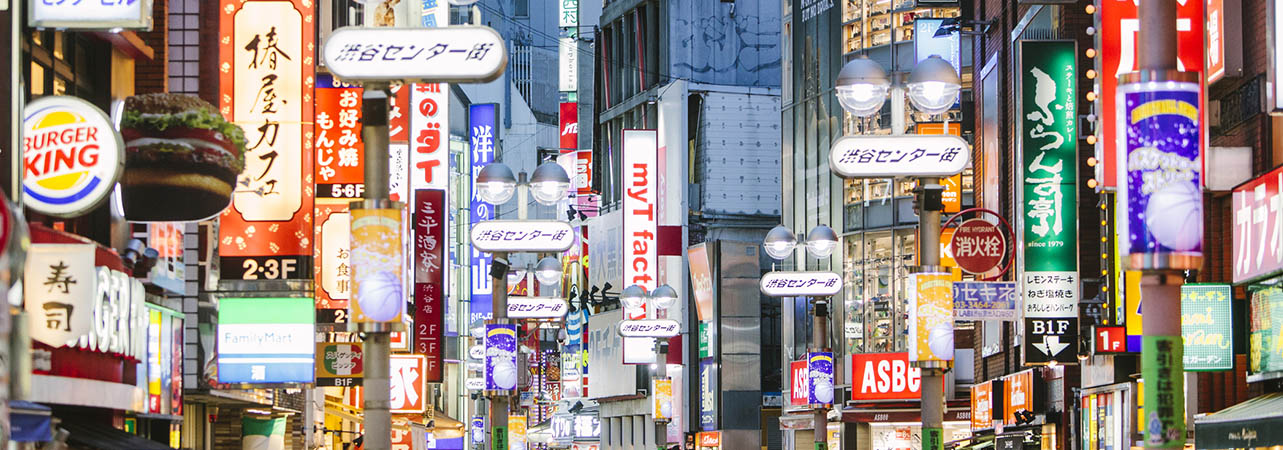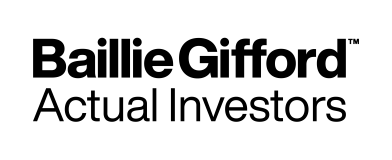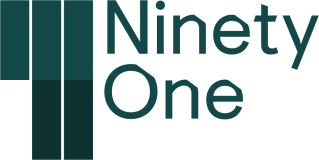During November, Japan’s government came under intensifying pressure to support the country’s economy by boosting fiscal spending. Economic growth slowed sharply over the third quarter, dampened by ongoing trade tensions between China and the US and by faltering global demand for Japanese exports.
- Retail sales plunged in Japan following the sales tax increase
- Australia’s central bank does not expect to implement QE measures
- Pro-democracy unrest continued in Hong Kong
To view the series of market updates through November, click here
During November, Japan’s government came under intensifying pressure to support the country’s economy by boosting fiscal spending. Economic growth slowed sharply over the third quarter, expanding by only 0.2% following annualised second-quarter growth of 1.8%. Growth was dampened by ongoing trade tensions between China and the US and by faltering global demand for Japanese exports, which was exacerbated by the increasingly frosty relationship between Japan and South Korea. During October, exports to South Korea fell at an annualised rate of 23.1%.
“Private consumption makes up 60% of Japan’s GDP”
Following an increase in Japan’s consumption tax from 8% to 10% in October, Japan’s retail sales plunged during October, declining by 7.1% year on year and by 14.4% compared with September. Private consumption makes up 60% of Japan’s GDP, so the data triggered concerns about the resilience of domestic demand at a time when exports and manufacturing are weak and global demand is slowing. During November, the export-heavy Nikkei 225 Index and the Topix Index rose by 1.6% and 1.9% respectively, while medium-sized companies – represented by the TSE Second Section Index – rose by 5.6%.
The International Monetary Fund (IMF) downgraded its economic forecast for 2019 for Japan from 0.9% to 0.8%, and expects economic growth to continue to slow to 0.5% next year. The IMF cited the risks posed by the global economic slowdown and urged Japan’s government to maintain spending to support growth.
During November, Governor of the Reserve Bank of Australia (RBA) Philip Lowe said that he does not expect the central bank to need to resort to quantitative easing (QE) measures. If QE were to be considered necessary, it would be undertaken via purchases of government bonds, and would only be considered if the RBA’s key interest rate fell as far as 0.25%, compared with its current level of 0.75%. Governor Lowe commented: “The threshold for undertaking QE in Australia has not been reached, and I don’t expect it to be reached in the near future”. Australia’s economic growth is expected to improve to “around 3%" by 2021, compared with second-quarter annualised growth of 1.4%. The ASX All Ordinaries Index rose by 2.6% over November.
November saw further protests between pro-democracy protesters and riot police in Hong Kong as local council elections resulted in victory for pro-democracy candidates. The Hang Seng Index fell by 2.1% over the month.
A version of this and other market briefings are available to use in our newsletter builder feature. Click here









